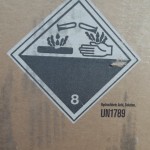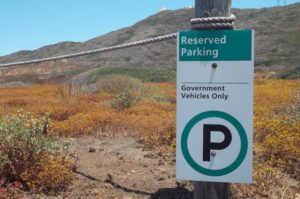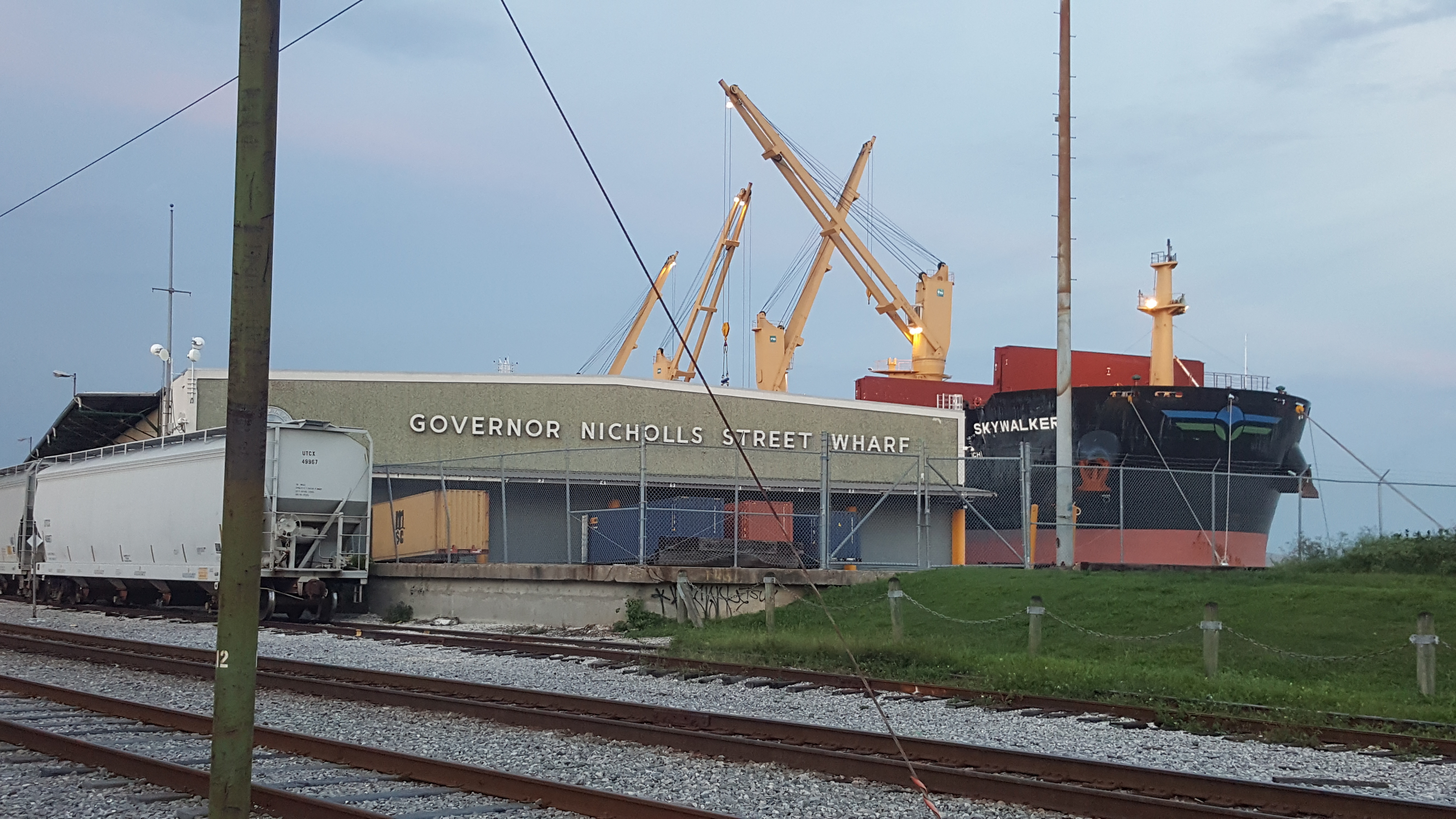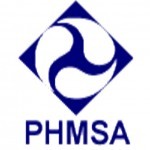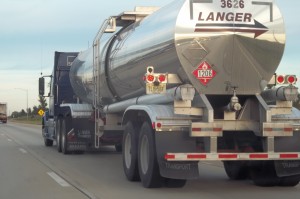Before we begin…
- The Pipeline and Hazardous Materials Safety Administration within the U.S. Department of Transportation (USDOT/PHMSA) creates and enforces the Hazardous Materials Regulations (HMR) for the transportation of hazardous materials (HazMat) to, from, or through the U.S.
- According to 49 CFR 171.8 of the HMR, a hazmat employer is “A person who employs or uses at least one hazmat employee on a full-time, part time, or temporary basis.”
- According to §171.8, a hazmat employee is any employee who is “Employed on a full-time, part time, or temporary basis by a hazmat employer and who in the course of such full time, part time or temporary employment directly affects hazardous materials transportation safety”.
Contact me with any questions you may have about the transportation of hazardous materials by air, highway, vessel, or rail International and Domestic |
According to §172.702 of the HMR, “A hazardous materials (HazMat) employer shall ensure that each of its hazmat employees is trained in accordance with the requirements” of the regulations. Training is required for any person engaged in the pre-transportation functions, meaning a function that is required to assure the safe transportation of a hazardous material in commerce, including —
- Determining the hazard class of a hazardous material.
- Selecting a hazardous materials packaging.
- Filling a hazardous materials packaging, including a bulk packaging.
- Securing a closure on a filled or partially filled hazardous materials package or container or on a package or container containing a residue of a hazardous material.
- Marking a package to indicate that it contains a hazardous material.
- Labeling a package to indicate that it contains a hazardous material.
- Preparing a shipping paper. Including the uniform hazardous waste manifest required by USEPA.
- Providing and maintaining emergency response information.
- Reviewing a shipping paper to verify compliance with the HMR or international equivalents.
- For each person importing a hazardous material into the United States, providing the shipper with timely and complete information as to the HMR requirements that will apply to the transportation of the material within the United States.
Read: Importing Hazardous Materials into the U.S.
- Certifying that a hazardous material is in proper condition for transportation in conformance with the requirements of the HMR.
- Loading, blocking, and bracing a hazardous materials package in a freight container or transport vehicle.
- Segregating a hazardous materials package in a freight container or transport vehicle from incompatible cargo.
- Selecting, providing, or affixing placards for a freight container or transport vehicle to indicate that it contains a hazardous material.
Interested in a Webinar that covers this topic, and more! |




